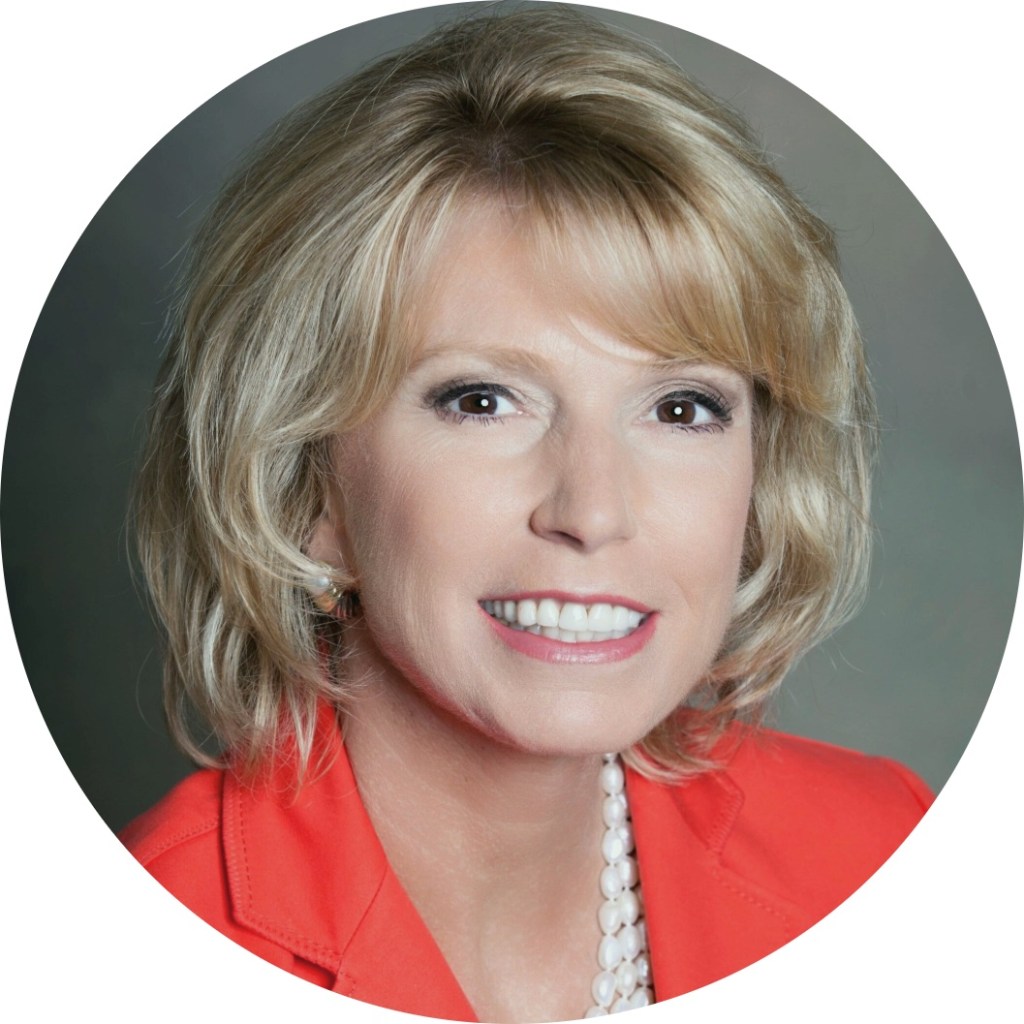Oversharing vs. inauthentic: Honesty problems hit workplaces

Nearly 60% of U.S. job seekers say the people they currently work with don’t know when it’s appropriate to be honest in the workplace, according to a survey from Express Employment Professionals and Harris Poll, including responses from over 1,000 U.S. adults.
A lot of their colleagues are being too honest — sharing personal information about themselves or others, criticizing others they work with and venting often about work issues.
“Everybody’s always kind of had a struggle with how much to share and how much to hold back, and it’s always been a delicate balance. There is no rule,” said Jeff Cochran, partner at Shapiro Negotiations Institute, a workplace training firm.
“Excessive honesty,” as the report calls it, may partially be a product of lost socialization skills during the pandemic. The return to offices drove many employers to seek etiquette training for their staff to remind them (and for younger generations, teach them for the first time) how to conduct themselves professionally in offices. It also comes amid growing interest from employers to make their cultures more psychologically safe, where staff feel comfortable openly discussing their thoughts and ideas.
But honesty problems at work aren’t necessarily a new thing. “I think it’s just bubbling up,” Cochran said, largely due to generational differences among the oldest and youngest employees at organizations, workplace experts say.
Among U.S. hiring managers, over 90% think it’s crucial for younger generations to learn the nuances of honesty in the workplace, the survey found. Millennials and Gen Z workers highly value authenticity, which could be driving their excessive honesty, or oversharing, on the job.
“I think it stems from our society today, with everything being an open book, and we can say what we want on any of these platforms,” said Pamela Eyring, president and owner of the Protocol School of Washington, which works with government agencies and other major employers to train staff on business etiquette.
She shared a recent example from a client, where an employee was asked to provide a doctor’s note after requesting to take more than one sick day, per company policy. The employee sent over a full medical record regarding her current condition — a urinary tract infection.
“We’re not curbing our honesty, and I think we’re putting too much emotion into it,” Eyring said.
“What I’m finding and hearing is younger workers want to be truthful and honest and tell people how they feel. But they’re putting too much emotion into it. And I think you should kind of consider when you want to be honest with someone, whether it’s factual.”
Cochran and Eyring share some good rules of thumb when it comes to being honest and when to speak up in the workplace.
“Honesty is the best policy, but honesty doesn’t always mean sharing your opinion. I think that’s where the line gets drawn. Just because you have an opinion doesn’t mean you’re dishonest if you keep it to yourself,” Cochran said.
And one area where workers should actually be more honest is when it comes to being accountable, owning up to mistakes, and being realistic with their workloads.
“That shows and builds trust with colleagues and employers. So owning any issues, letting people know if you’re overworked, but don’t make a big drama about it,” Eyring said.


